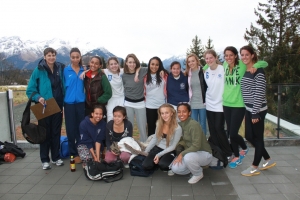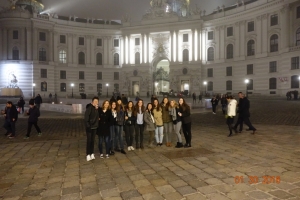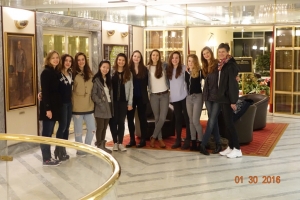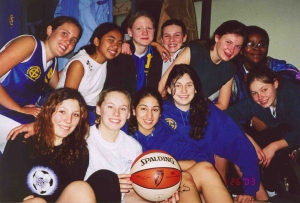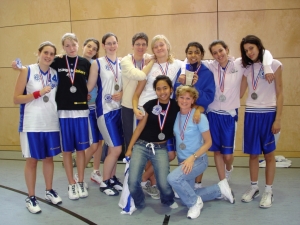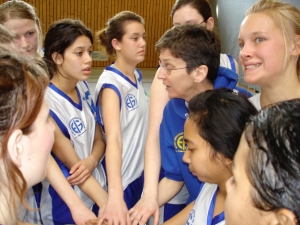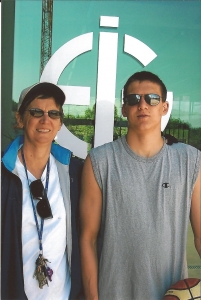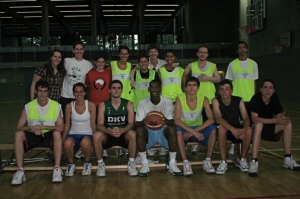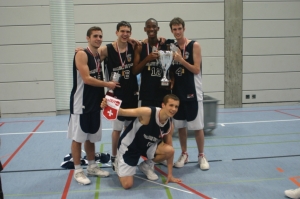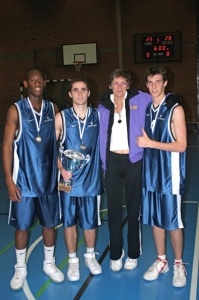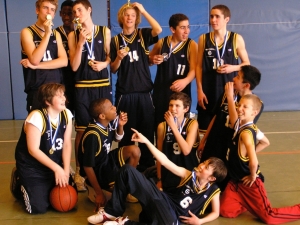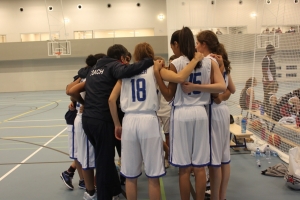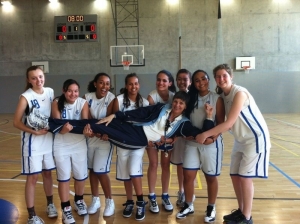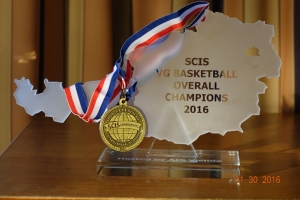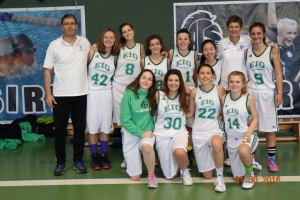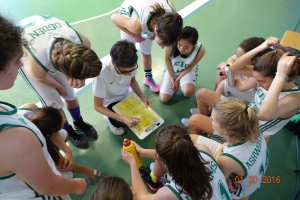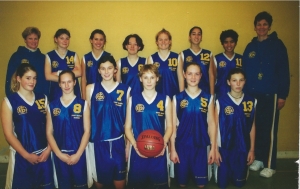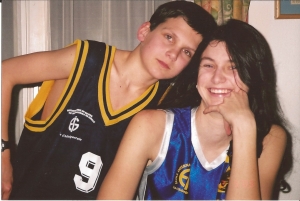 When a car accident in France ended my professional basketball career, I wanted to curl up and die. While struggling to rehabilitate, my physical therapist in Paris, saw my despair and said, “Don’t cry. Call Henry Fields. He’ll help you out.”
When a car accident in France ended my professional basketball career, I wanted to curl up and die. While struggling to rehabilitate, my physical therapist in Paris, saw my despair and said, “Don’t cry. Call Henry Fields. He’ll help you out.”
“McKinzie,” Henry said when I called. “Oh yeah, I remember you. Shot the eyes out of the basket. Need a job? Great. We need a coach.”
So I began coaching at American School of Paris under the tutelage of Henry Fields, dubbed the Father of French basketball, and one of the first Americans to play in Europe. After winning the military world championship while stationed in Orleans, France, in 1962 he was invited to stay on to play for Paris University Club for $50 a month. Not only did he rack up  championship titles, he won over the heart of the entire country and paved the way for other American players to follow.
championship titles, he won over the heart of the entire country and paved the way for other American players to follow.
Though he earned accolades as a player, his greatest impact may have been as a coach, where he dedicated his life to developing ball skills in youth at the various clubs where he starred. As a teacher and coach, he built a dynasty at ASP, the first American school with an international community in Europe established in 1946.
After retirement, he and his lovely Norwegian wife, Ragna, resettled in Auterive, south of Toulouse (southwest France), to be closer to their daughters. When he found out that the community didn’t have a basketball program for kids, he built one for them.
From Hank, I learned international basketball rules and insider tips, like it’s okay to yell at a ref as long as you buy him a drink after the game. He showed me how to make sure that each player had a role and felt valued.
He exemplified the true spirit of the game. Basketball is more that X and 0s, back door cuts, and match-up zones, it’s about bringing people together from every race, nationality and walk of life.
 A few days ago, when I saw on a Facebook post that the gym in Auterive, had been named Halle Henry Fields, I pumped my fist and cheered.
A few days ago, when I saw on a Facebook post that the gym in Auterive, had been named Halle Henry Fields, I pumped my fist and cheered.
“Pat, I had no idea,” he said when he called to tell me about the surprise ceremony. “They told me to wear a tie and come coach a game. When I got there, they sang happy birthday and dedicated the gym to me. Friends from teams back in 60s and 70s came to join in the celebration.”
“Oh Hank,” I said. “I wish I could have been there.”
“You were. You’re a part of everything I do.”
I feel the same way; we share the magic of mentoring. Over time, the wisdom of mentors becomes part of the mentees’ psych.
In the highest level of sport, coaches give back, pass on, and pay forward, becoming immortalized in the hearts and minds of those players who shared their love of a game.
What greater tribute to offer an ambassador of the game than to name a gym in his honor?
Henry Fields, granddaddy of basketball in France, a man with all the connections, believes everyone who loves the game is related.
To me, he will always be family.

